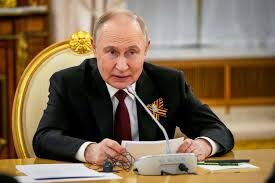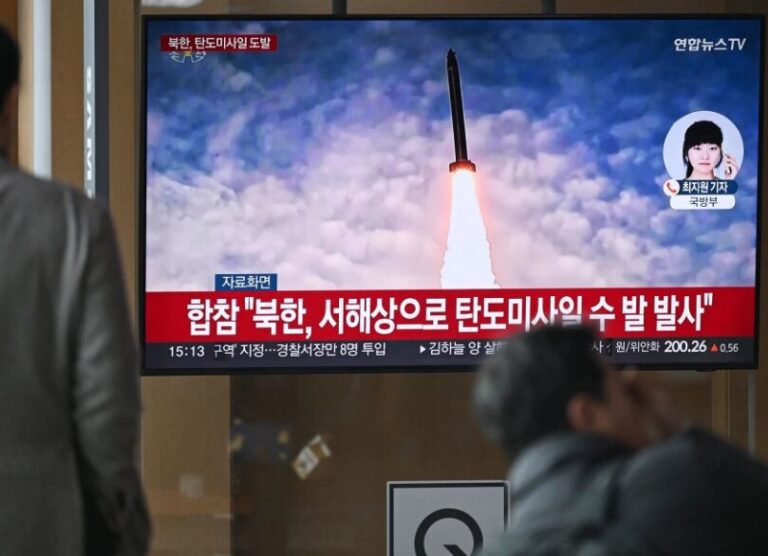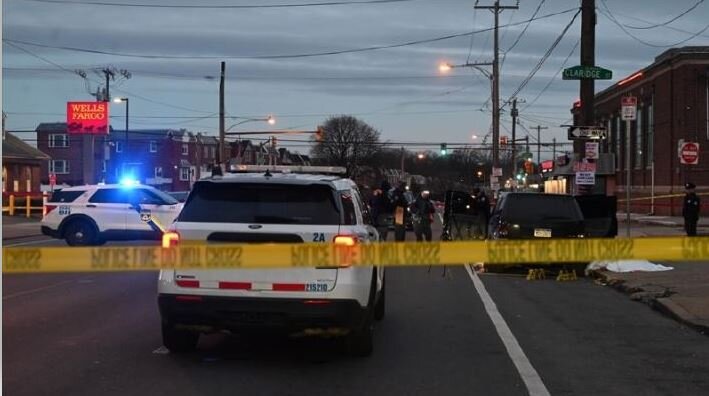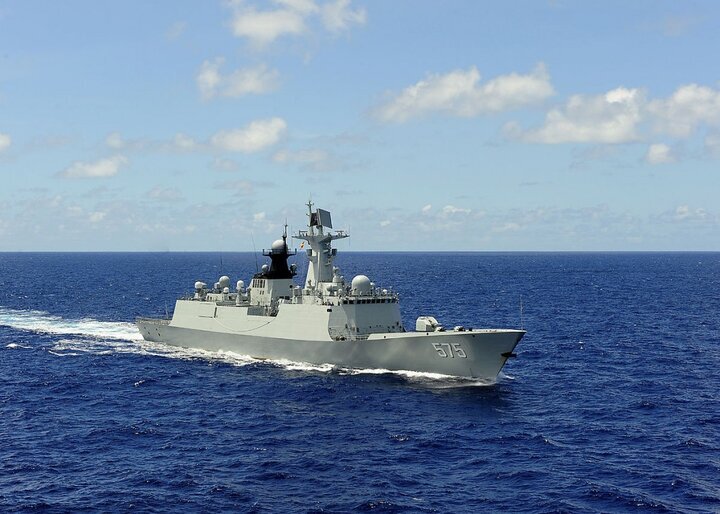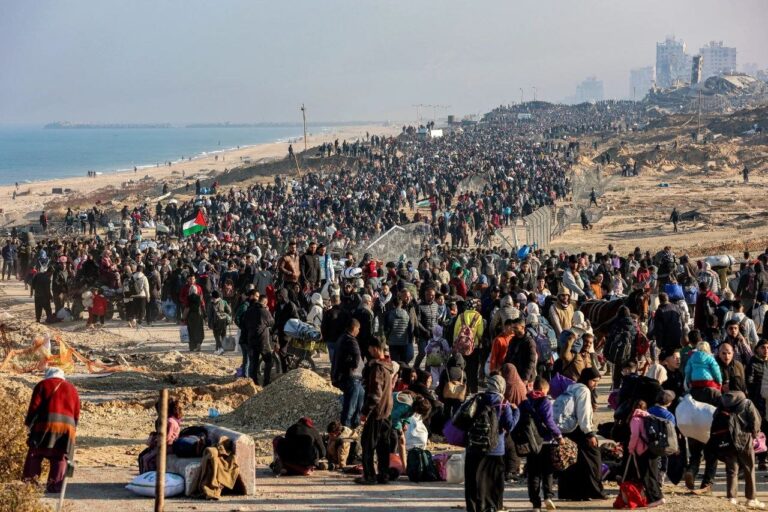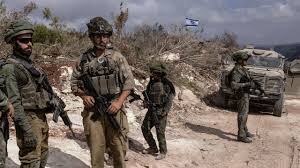Putin Calls for Direct Russia-Ukraine Peace Talks in Istanbul on May 15
In a significant development regarding the ongoing conflict between Russia and Ukraine, Russian President Vladimir Putin has proposed direct negotiations in Istanbul on May 15, emphasizing that these talks should occur “without preconditions.” This initiative aims to establish “lasting peace” and to address the underlying issues of the three-year conflict, as reported by Al Jazeera.
The proposal was made on Sunday, shortly after a meeting in Kyiv, where leaders from Ukraine, France, Germany, Poland, and the United Kingdom convened to call for an unconditional 30-day ceasefire. They indicated that their plea received backing from United States President Donald Trump, threatening “massive” new sanctions against Moscow should it refuse to comply with their demands.
However, President Putin dismissed this ceasefire proposal, criticizing European “ultimatums” and what he termed “anti-Russian rhetoric.” He subsequently outlined his own counter-proposal aimed at revitalizing Russia-Ukraine negotiations.
“We are proposing that Kyiv resume direct negotiations without any preconditions,” President Putin stated during a press conference. “We offer the Kyiv authorities to resume negotiations already on Thursday, in Istanbul.”
In a separate but related note, Turkish President Recep Tayyip Erdogan conveyed to Russian and French leaders that a “historic turning point” has been reached in efforts to conclude the ongoing war between Russia and Ukraine. Erdogan expressed Turkey’s readiness to facilitate discussions between the two conflicting parties, as confirmed by his office.
Key Points from the Recent Developments:
- Proposal for Talks: Putin suggested direct talks in Istanbul without preconditions.
- Ceasefire Call: Leaders from Ukraine, France, Germany, Poland, and the UK advocated for an unconditional ceasefire.
- US Support: The ceasefire proposal has the backing of President Trump, who warned of potential sanctions against Russia.
- Putin’s Rejection: The Russian President rebuffed the ceasefire proposal, criticizing European demands.
- Turkey’s Role: Erdogan offered to host negotiations, indicating a significant step towards conflict resolution.
As tensions continue to escalate, the international community is watching closely. The proposed talks in Istanbul could serve as a pivotal moment in the ongoing conflict, offering a potential pathway to peace. Analysts are divided on the likelihood of success, especially given the entrenched positions of both sides.
Putin’s assertion that negotiations should proceed without preconditions suggests a willingness to engage directly with Ukrainian leadership, possibly signaling a shift in strategy. The invitation to resume talks in Istanbul also highlights Turkey’s emerging role as a mediator in the conflict.
While the leaders in Kyiv remain firm in their position, the backdrop of international pressure, particularly from the United States, complicates the dynamics of the situation. The threat of renewed sanctions against Russia may influence its actions in the lead-up to the proposed talks.
Potential Implications of the Proposed Talks:
- Diplomatic Engagement: A successful dialogue could pave the way for a formal resolution to the conflict.
- Reduction of Hostilities: An agreement might lead to a decrease in military confrontations and humanitarian crises.
- Regional Stability: Improved relations could enhance stability in Eastern Europe, promoting economic recovery.
- International Relations: The outcome of these talks may reshape alliances and partnerships across Europe and beyond.
As the world awaits the developments leading up to May 15, the focus remains on whether both sides can overcome their differences and engage in meaningful discussions. The situation remains fluid, and the potential for escalation or resolution hangs in the balance.
In conclusion, the upcoming talks in Istanbul represent a crucial juncture not only for Russia and Ukraine but also for the broader geopolitical landscape. With significant international interest and involvement, the hope for a peaceful resolution continues to be a priority for many.
